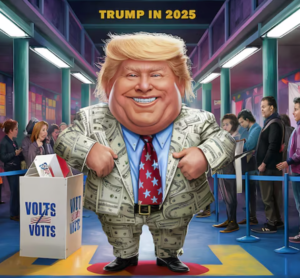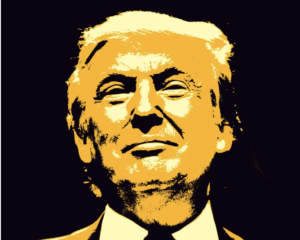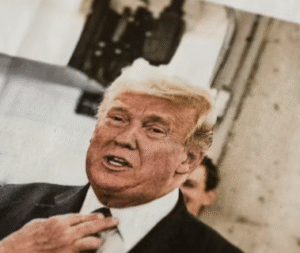#Gingrich #2024Election #RepublicanConvention #DemocraticConvention #TrumpRevolution #BidenWithdrawal #KamalaHarris #AmericanPolitics
In a recent analysis authored by Newt Gingrich via RealClearPolicy, the 2024 Democratic and Republican national conventions are depicted as pivotal events marking significant shifts in the landscape of American politics. Gingrich, having participated in the Republican National Convention in Milwaukee, offers firsthand insights into the transformation within the GOP, attributed largely to what he terms the “Trump revolution.” This transformation was underscored by the absence of several traditional Republican figures, indicating a profound shift in the party’s power base toward the MAGA movement, with Donald Trump at its helm. Contrasting this, the Democratic National Convention in Chicago showcased the enduring influence of its established leadership, with prominent figures such as Presidents Joe Biden, Barack Obama, Bill Clinton, and other senior party members in attendance, symbolizing a continuity of power.
The conventions also reflected divergent narratives surrounding party unity and leadership selection. On the Republican side, the overwhelming support for Trump underscored a unity forged by the populist uprising within its ranks, a movement that has reshaped the GOP’s identity and priorities. Conversely, the Democratic Party faced criticism for its top-down approach to leadership selection, particularly highlighted by the orchestrated withdrawal of Joe Biden from the presidential race. This move, seen as a bid to avert a loss to Trump, culminated in the elevation of Kamala Harris as the Democratic nominee, a decision that Gingrich argues was made without direct input from primary voters, raising questions about democratic principles within the party.
Furthermore, Gingrich discusses the broader implications of these events for American democracy. He posits that while the Republican Party has undergone a transformation that aligns more closely with the desires of its base, the Democratic Party has opted for continuity, leveraging party machinery to maintain control. This approach, according to Gingrich, perpetuates policies that have led to discontent and frustration among Americans, contrasting sharply with the GOP’s adaptation to populist demands. The narrative suggests a political landscape in flux, with the GOP embracing change led by voter sentiment, while the Democrats seem mired in traditional power structures and strategies.
In closing, Gingrich’s commentary sheds light on a transformative period in American politics, characterized by a clear dichotomy between the methodologies and ideologies of the nation’s two major parties. As the GOP aligns more closely with its base, driven by a dynamic and evolving populist movement, the Democrats appear entrenched in established methodologies, risking alienation of voters seeking change. This tale of two conventions, as Gingrich narrates, not only highlights the current political divisions but also underscores the potential for further shifts in the American political paradigm as parties grapple with internal and external pressures to adapt and evolve.







Comments are closed.